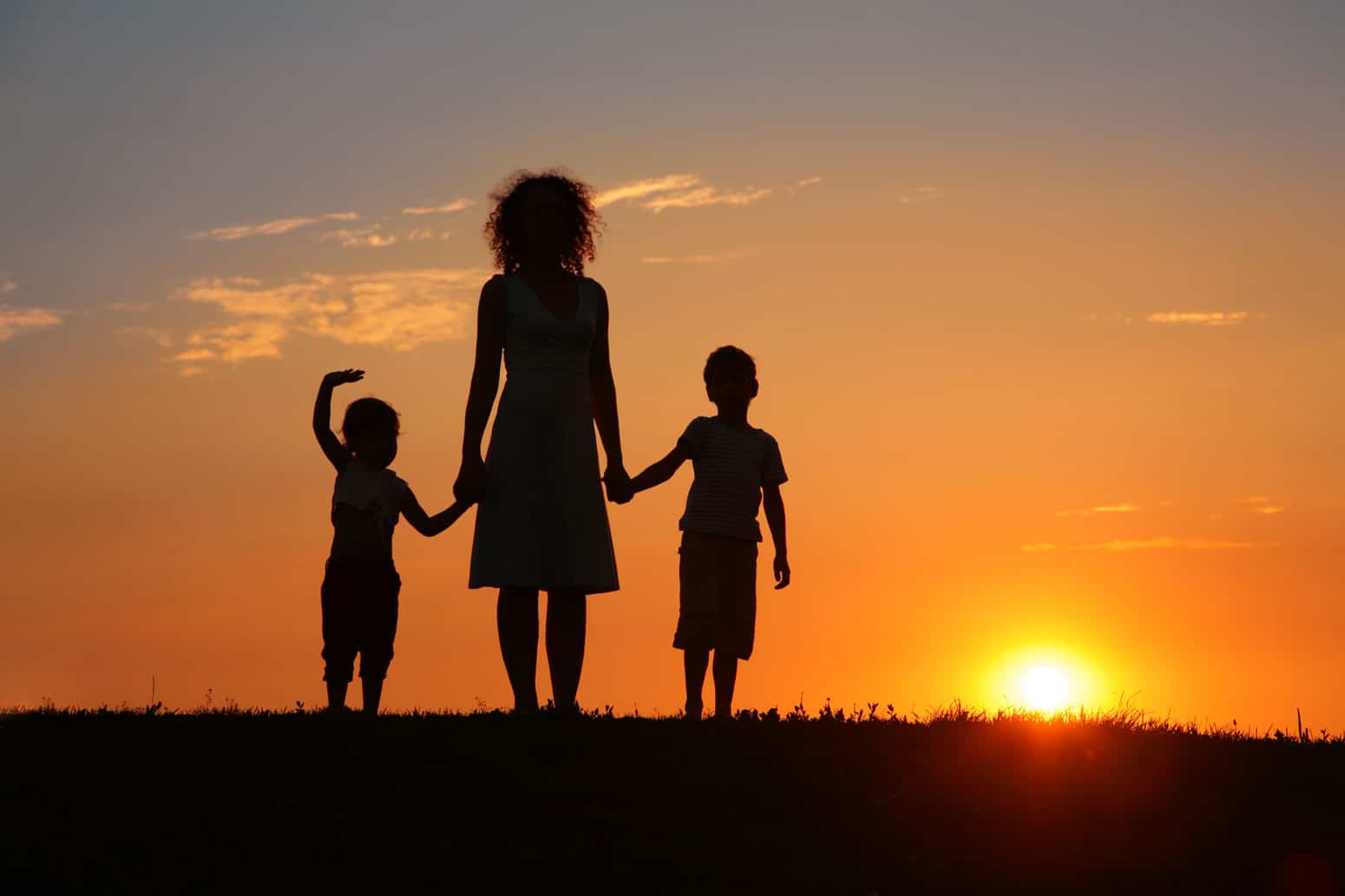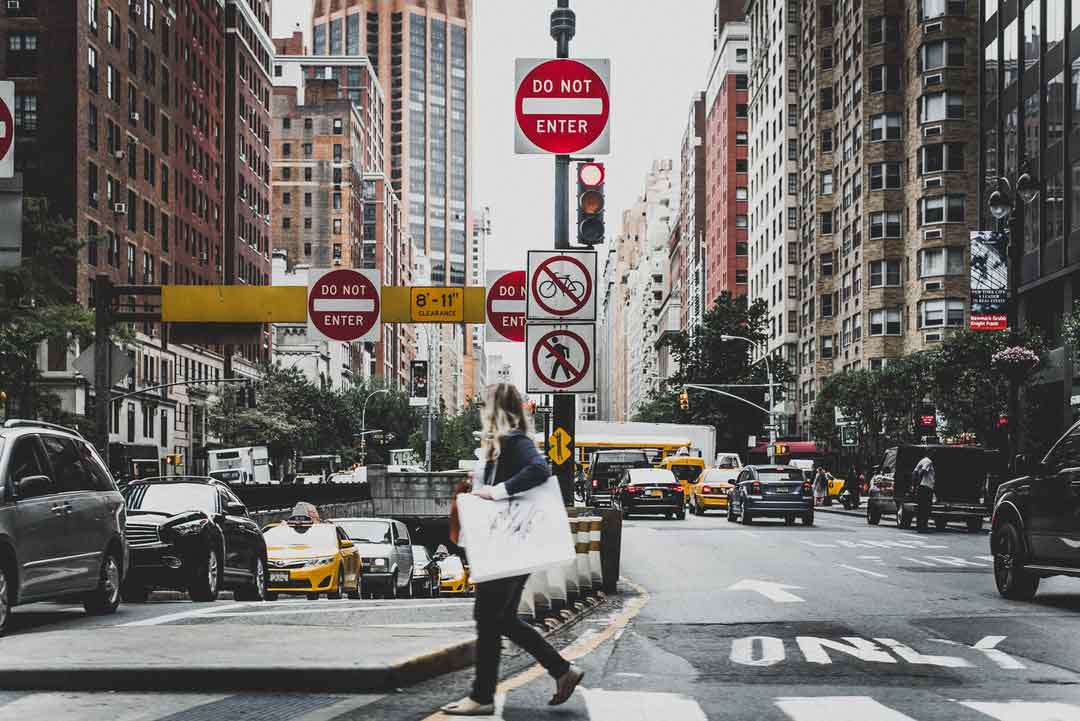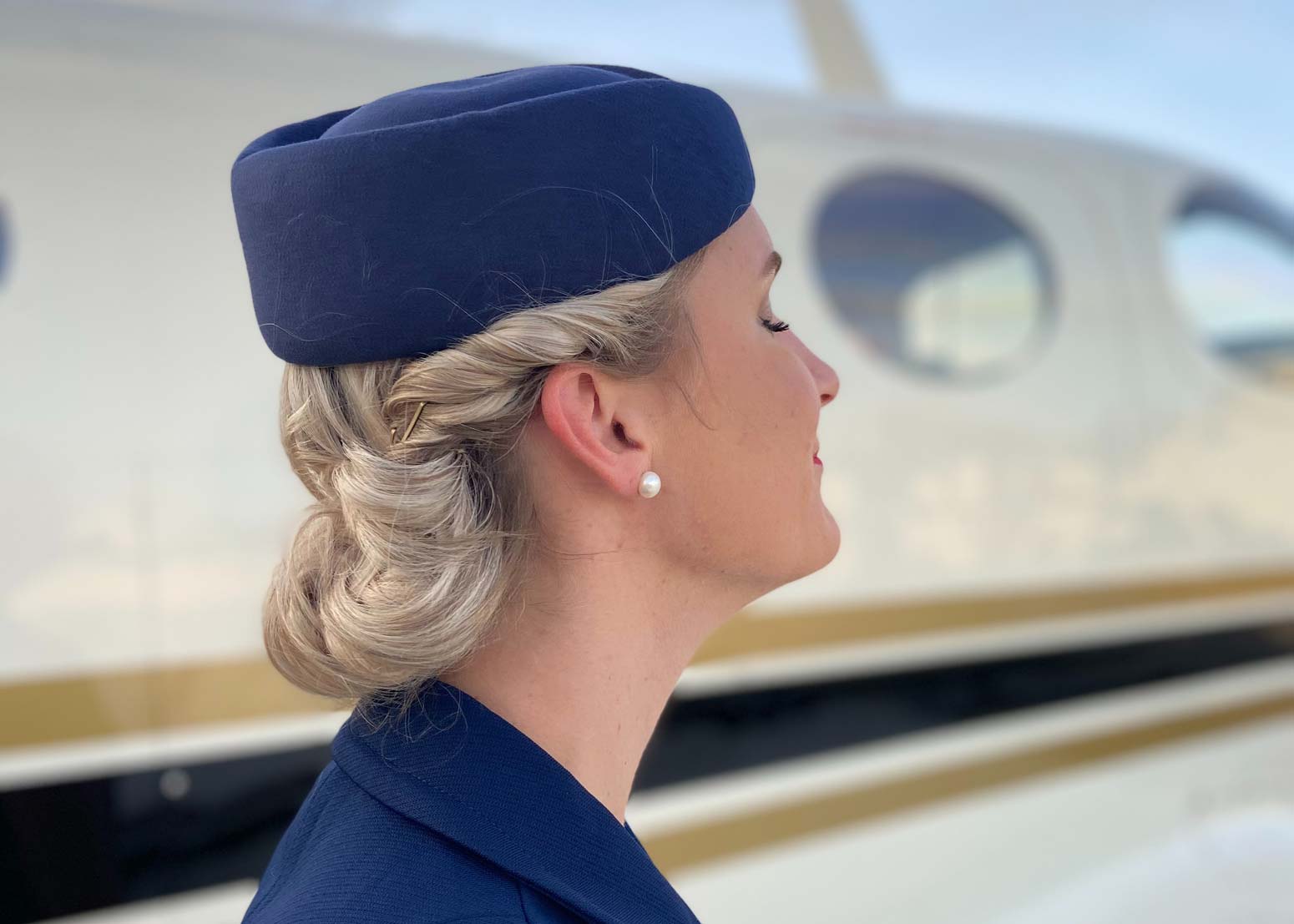When I first started flying as a flight attendant, I was sent to New York as the last batch of attendants hired as JFK crew. My first day of flying? September 11, 2015. Joining one of the major airlines used during the terror attacks on that fateful day, my first day of work was to be a lesson in the necessary skill of overcoming anxiety as a flight attendant. When faithfulness triumphs over fear, true bravery is born.
The flight crews who kept working in the air after those tragic crashes told us something with their lives: We must remain faithful to whatever it is we’re doing, despite our fears, or we might freeze.
A Lasting Impact
I was a new hire, giddy to be wearing my new, shiny silver wings pinned on my crisp uniform, but I was nervous to be working with a team of formerly JFK-based “senior mamas.” To make me even more nervous, they’d all known someone affected by the tragedy so many years ago. While the terror attacks of September 11, 2001, became history to some, the very real impact of those airplanes in the World Trade Center towers stung anew each year to the families, friends, classmates, and fellow flying partners of the pilots and flight attendants who perished.
My crew member and I were cuddled up on the back jump seat of an Airbus A320, headed somewhere domestically. I remember my first layover was a long one in Spokane. I rented a bike and crossed back and forth across rivers and dams at the old mill in town. Found a hipster cafe with the perfect latte. Dropped a whole bag of recycling upside down on a kneeling crew member’s head. Tales of 9/11 were potent for that first trip, waning as the month of September flew into October.
But years of flight stories trickled my way after those first days. Jump seat therapy is real, and the crew shared more emotions than one metal tube could hold…
Flight Stories to Remember
There was the security line in Rome, where I stood barefoot after ripping my last pair of tights. I stood next to our senior Italian speaker, eyeballing the men with machine guns patrolling the terminal as she told me about the “trial runs” she experienced on her transcontinental flights before the September 11th attacks.
As she recalled it, a man on her flight started freaking out, then regained his composure when they sought to restrain him. Another time, she was on board when two men rushed the flight deck, only to back down. Be it memory or fear, she said she recognized those very faces that were later printed on the cover of the newspaper for plowing into the World Trade Center towers.
Another crew member was standing in the first-class galley as she told me about the cress returning from a few months of furlough following September 11th.
“We were scared. We all looked around the galley to see what we could use as a weapon if it happened to us,” she said.
She spoke of crew members debating breaking dinner plates on the galley counter to have a sharp shard they could carry in their pocket in case of attack.
Everyone knows the infamous story of the terrorists killing the lead flight attendants to gain access to the flight deck before crashing the aircraft. Everyone at Newark Liberty International Airport knows they’ll never reopen the boarding gate that sent off the fateful United Flight 93.
Another jump seat legend, potentially a mix of truth and the game of “telephone,” tells of a D.C. crew member that called in sick, only to have a different flight attendant fly into the Twin Towers in her place. The story also tells of another crew member that yelled for the employee shuttle to wait so the fated flight attendant wouldn’t miss their check-in to work the flight that would never arrive. The flight attendant who called in sick never came back to flying, rumored to be frozen forever in grief. Overcome with anxiety.
Confronted with Fear
My own terrifying encounter came years later when I was confronted with an active shooter plan from a passenger. Eerily, he was crying in the corner of my galley as I gently prodded him for details. At first, he hadn’t wanted to tell me why he was crying. When he finally opened up, it was about what he was going to do upon landing.
“I don’t want to die, but I know what I have to do. God wants me to cleanse the city.”
My stomach felt sick.
“What do you mean? What does God want you to do?”
The young man on the one-way ticket to San Francisco was on his first flight to the U.S. He detailed the attack he aimed to carry out in whispers to me alone. Shook, I asked him if he wanted food. I reassured him that if he truly believes God has a plan for him, that it doesn’t involve killing others because God isn’t like that. I told him they should speak again, but until then, how could I help him?
When faithfulness triumphs over fear, true bravery is born.
His tears slowed. He finally calmed and returned to his seat as I snuck to the flight deck. There were briefings between them, me, and the ground. Authorities were notified. Watchlists searched. Upon landing, I was offered time off with pay, but I brushed it off. It wasn’t until I got to my car that I began to sob over the strain of it all. I hadn’t realized the toll the scenario had taken on my emotions until I had a minute to breathe.
I was scared the next time I flew, never turning my back to the aisle while in the galley. Imagine how the aircrews after September 11th must’ve felt. Yet, they kept flying. Flights resumed operations within days of the United States reopening airspace. While the world was watching and less Americans were flying, line holders and reserve flight attendants were boarding planes and being brave. Overcoming anxiety one flight at a time.
Remembering September 11
Sometimes, our life feels pummeled by attack. Before the month of September is out, I want to honor the aircrews that continued doing their duty after losing some from their ranks. I want to honor everyone who fought back, who ran into the buildings to help instead of running out, who demonstrated courage in the face of monstrosity. It was an unanticipated loss, a blindsiding tragedy to the world.
Hundreds of people experience their own personal tragedies daily yet keep “showing up to work their flight.” I’m honored to rub shoulders with people brave enough to do each day no matter what has happened or will. Facing our fear is the only way we will overcome anxiety when we have no predictions for the future.
Bravery is faithfulness in the face of fear. Let us never stop remembering September 11. And know this: If they can do it, so can we.
Photo by Sabrina Schaller.
—
Maybe you lost a loved one on September 11, or know someone who has. We hope this podcast episode offers some comfort: How Do I Begin to Heal from Past Emotional Hurt? with Elizabeth Bristol -186














